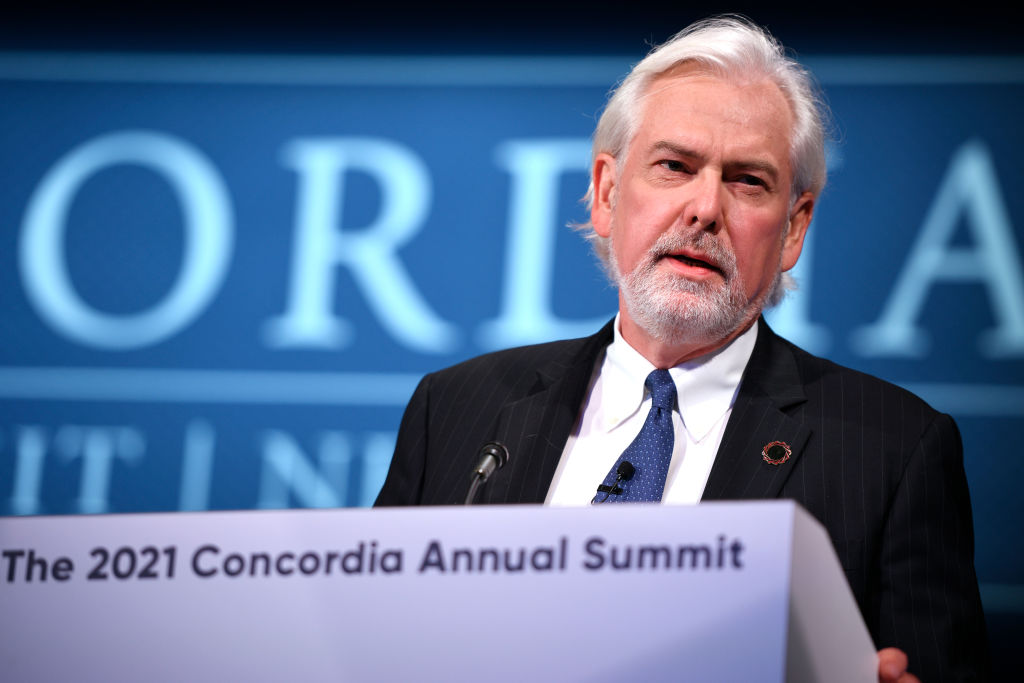
May 23, 2023

Jacek Olczak, chief executive of Philip Morris International (PMI), has urged the governments globally to accelerate the end of cigarettes.
In his remarks at the UnHerd Club in London on Tuesday, Olczak said “cigarettes belong in museums” but current policies to reduce smoking prevalence are not working fast enough and may be prolonging smoking.
Drawing upon a new hypothetical model based on World Health Organisation data, estimates, and methods, as well as other third party data, Olczak explained that even if smoke-free products were assumed to be only 80 per cent less risky than cigarettes, if people who currently smoke were to switch to them completely, then over their lifetime there’s a potential for a tenfold reduction in smoking-attributable deaths compared with historical tobacco control measures alone.
He highlighted the ‘absurd paradox’ that smoke-free products are banned in some countries while cigarettes—despite their far greater risk of harm—can still be sold. While this model has limitations and is built on assumptions, the public health cost of ignoring the potential of smoke-free products could be immense, he noted.
In 2016, PMI committed to moving away from cigarettes, and has invested more than $10.5 billion (£8.5bn) since 2008 in developing and commercialising smoke-free products—which today account for nearly 35 per cent of the company’s total net revenues.
The mission, Olczak explained, is to reduce smoking by replacing cigarettes with less harmful alternatives and ultimately to make cigarettes obsolete. However, he said PMI’s ability to progress on this mission is being frustrated by a combination of blind opposition from anti-tobacco organisations and governments’ overreliance on the so-called precautionary principle, which some interpret as “better not to do anything until we know everything.”
“We need to remember that there is a real, human impact of inaction. Because not taking an evidenced-based decision on smoke-free products today is a decision with consequences,” he said.
He called on governments around the world to follow the examples of countries like Sweden and Japan—as well as the UK—and adopt policies that give adult smokers who don’t quit a wide choice of alternatives to continuing smoking so they can make better choices and cigarettes can become a historical artifact.
He also challenged anti-tobacco organisations to update their thinking, stop blocking innovation, and work toward a common goal to achieve a smoke-free future, faster.
“It’s time for anti-tobacco organisations to stop fighting against us and start fighting for adults who smoke. Just imagine the impact of a potential tenfold further reduction if all current adult smokers were to fully switch for the remainder of their lives to smoke-free products, compared with historical measures alone,” he said.
“It’s time to work toward a common goal of delivering effective policies that make cigarettes a historical artifact, a museum piece collecting dust behind glass cases.”